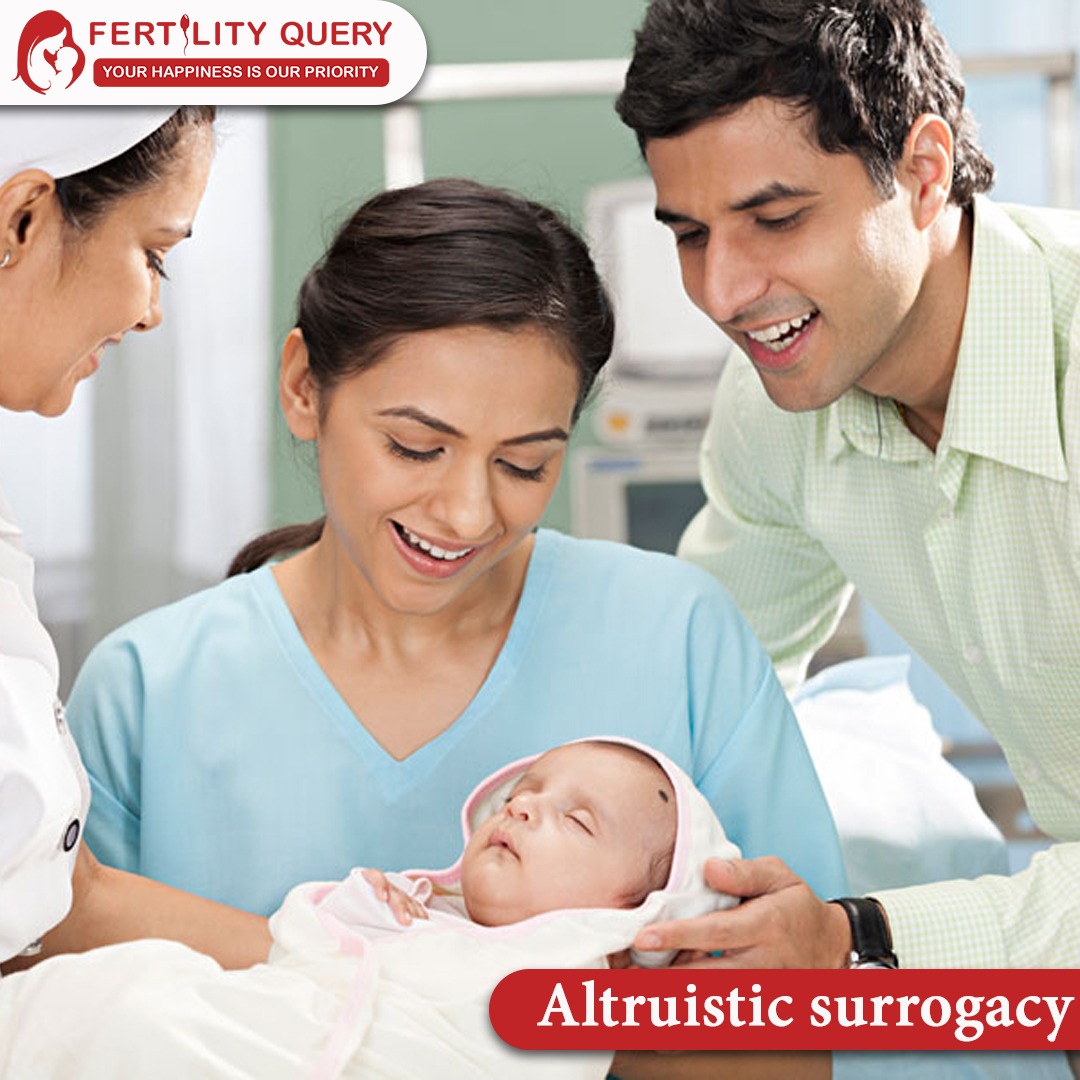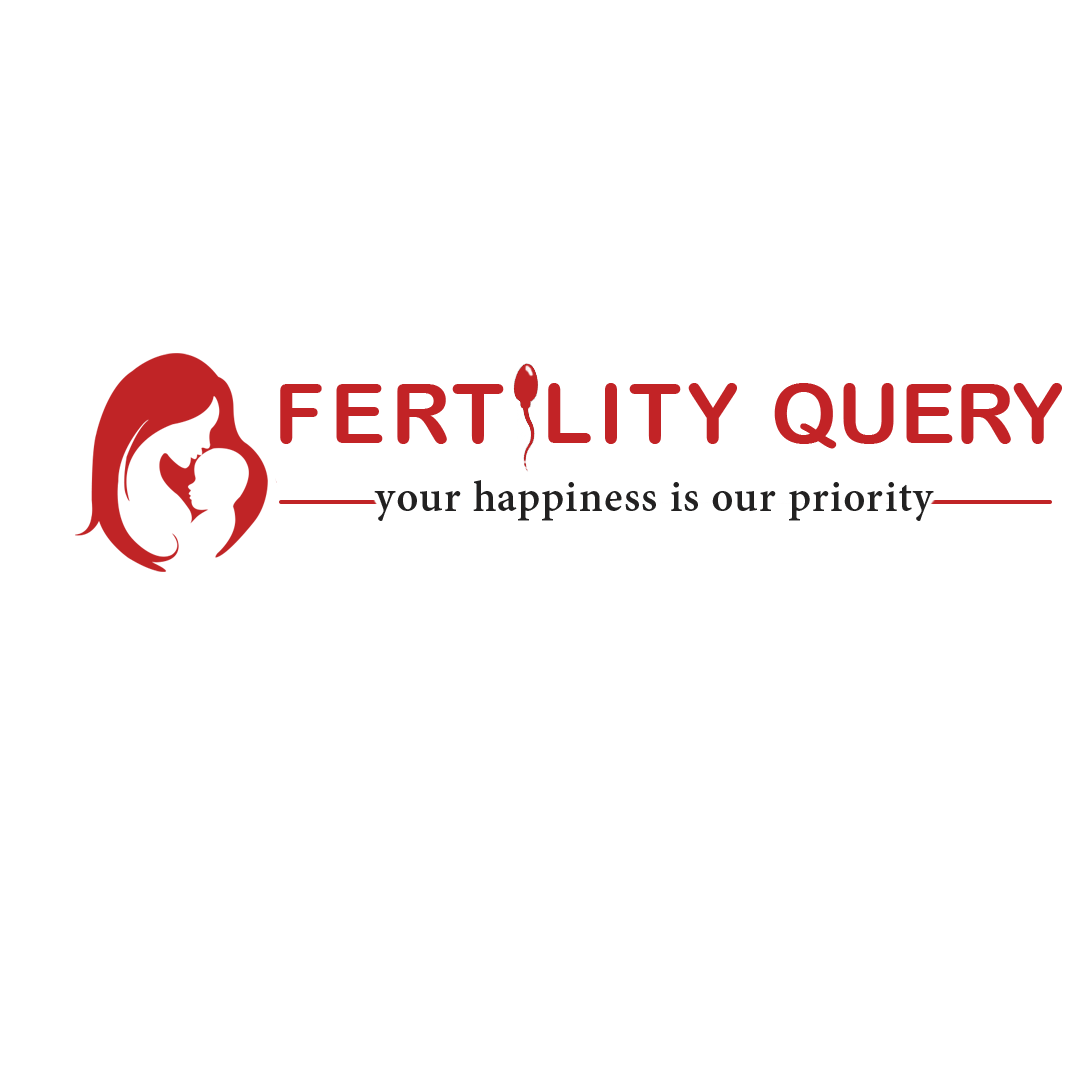
Best Altruistic Surrogacy Centre in Vellore
Altruistic surrogacy, also known as gestational surrogacy, is a fertility treatment option that involves a surrogate mother carrying and delivering a baby for a couple or an individual who is unable to conceive or carry a pregnancy to term. In this type of surrogacy, the surrogate mother is not compensated for her services and instead volunteers to help the intended parents fulfil their dream of having a child. This practice is legal in India, and the Fertility Query Centre in Vellore is one of the leading clinics that offers altruistic surrogacy as a treatment option. In this article, we will explore the various aspects of altruistic surrogacy for the Best Altruistic Surrogacy Centre in Vellore, including the legal framework, the process, the requirements, the risks and benefits, and the ethics involved.
Legal Framework;
India is one of the few countries that has legalized altruistic surrogacy. In 2002, the Indian Council of Medical Research (ICMR) issued guidelines for surrogacy, which were later amended in 2005 and 2008. The guidelines require that the intended parents be heterosexual and married for at least two years, that the surrogate mother be a close relative of one of the intended parents, and that all parties sign a contract that outlines the terms and conditions of the surrogacy arrangement. The guidelines also state that the surrogate mother should not be paid for her services, except for medical and related expenses.
In 2019, the Indian government introduced the Surrogacy (Regulation) Bill, which seeks to ban commercial surrogacy and allow only altruistic surrogacy for Indian citizens. The bill also lays down stringent requirements for surrogacy, including the age and health of the surrogate mother, the number of surrogacy attempts allowed, and the conditions under which surrogacy can be terminated. The bill is still pending approval by the Indian parliament.
Process;
The process of altruistic surrogacy at the Fertility Query Centre in Vellore typically involves the following steps:
Initial Consultation: The intended parents meet with a fertility specialist to discuss their medical history and fertility issues. The specialist will also explain the surrogacy process, the legal requirements, and the risks and benefits of surrogacy.
Surrogate Selection: The intended parents can choose a surrogate mother from their family or friends, or the clinic can provide them with a list of eligible surrogate mothers. The surrogate mother undergoes a medical evaluation, including a physical examination, blood tests, and ultrasound scans, to ensure that she is healthy and suitable for surrogacy.
Legal Documentation: Once the surrogate mother is selected, a legal contract is drawn up between the intended parents and the surrogate mother, which outlines the terms and conditions of the surrogacy arrangement, including the compensation for medical expenses and other costs.
Fertility Treatment: The surrogate mother undergoes fertility treatment, which involves the transfer of one or more embryos into her uterus. The embryos may be created using the intended parents’ or donors’ eggs and sperm, or through the use of donor eggs or sperm.
Pregnancy and Delivery: The surrogate mother undergoes regular medical check-ups and prenatal care throughout the pregnancy. Once the baby is born, the intended parents take custody of the baby, and the surrogate mother is no longer involved in the surrogacy arrangement.
Drawbacks of Altruistic Surrogacy;
While altruistic surrogacy has its benefits, there are also some drawbacks to consider, including:
Emotional and physical toll on the surrogate mother: Carrying a baby for another person or couple can be emotionally and physically taxing on the surrogate mother.
Legal issues: Altruistic surrogacy can involve complex legal issues, particularly if the intended parents and surrogate mother are from different countries.
No financial compensation: While some may see this as a benefit, others may view the lack of financial compensation as a drawback, particularly if the intended parents are unable to cover the costs associated with the surrogacy process.
Conclusion;
Altruistic surrogacy is a viable option for couples who are struggling to conceive and are looking for a way to have a child. While it has its benefits, including creating a strong bond between the surrogate mother and intended parents and avoiding the commercialization of surrogacy, it also has its drawbacks, including the emotional and physical toll on the surrogate mother and legal issues that can arise.



